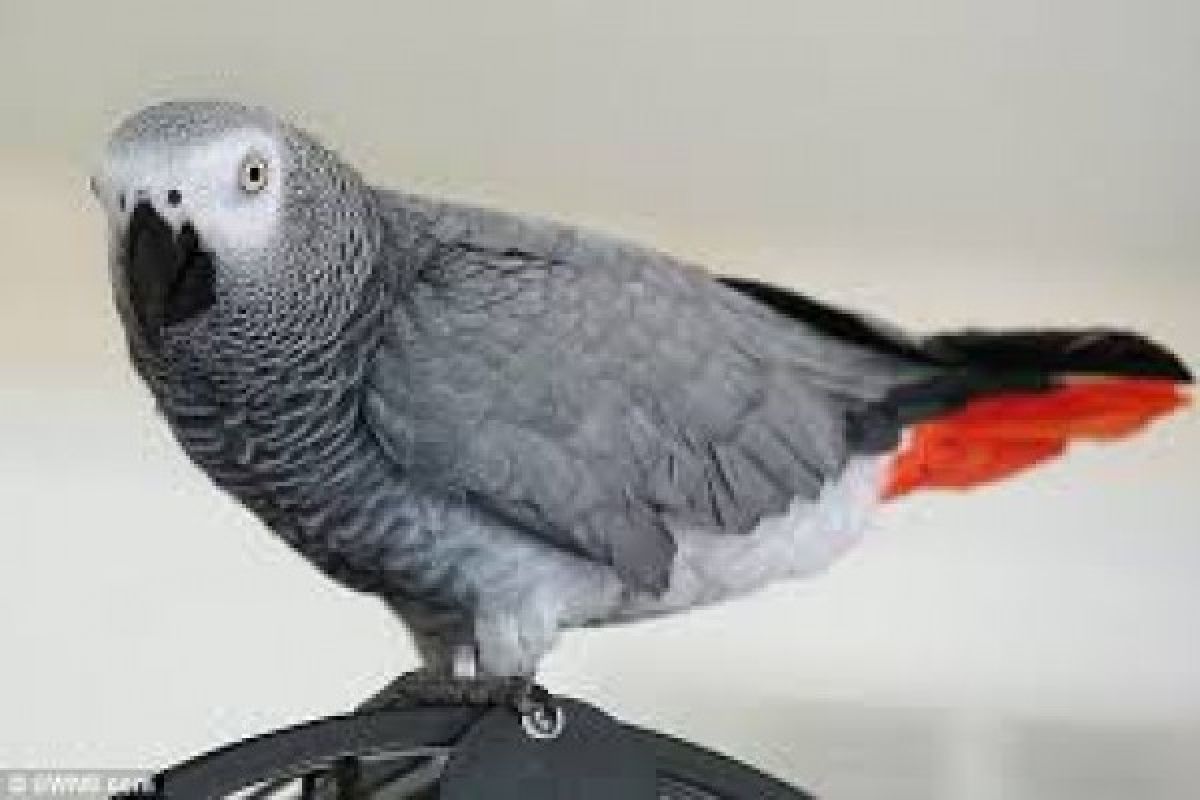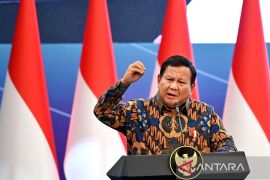Inclusion in Appendix I is in the best interests of the conservation of the species as it faces both habitat loss and rampant illegal ..."Johannesburg (ANTARA News) - The United Nations has banned global trade in wild African Grey Parrots, prized for their ability to imitate human speech, to help counter a decline in numbers caused by trafficking and forest loss.
The U.N.s Convention on International Trade in Endangered Species (CITES) also banned global trade in the bones of wild lions but exempted those harvested from captive-bred lions in South Africa.
The highly coveted parrot species was placed on the conventions "Appendix I", which prohibits any cross-border movement in the birds or their body parts for commercial sale.
The decision was taken in the first ever secret ballot of CITES members, during a two week-long convention in Johannesburg.
"Inclusion in Appendix I is in the best interests of the conservation of the species as it faces both habitat loss and rampant illegal and unsustainable trade for the international pet trade," said vice president and head of the Wildlife Conservation Society delegation Susan Lieberman.
The African Grey Parrot, usually bred in captivity and sold as a pet, was listed on "Appendix II" in 1981, which includes species whose trade must be limited.
Deforestation, poor regulation of trade and increased trafficking for the pet industry have led to the decline of the African Grey Parrot, once widespread across its natural habitat in central and western Africa.
The species joins the highly endangered pangolin, a scaly animal with the dubious distinction of being the worlds most poached mammal, on the Appendix I list after global trade in it was banned last week.
The decision on lions was a compromise which fell short of the Appendix I listing that some African countries and conservationists were pushing for.
Conservationists fear the legal market from South African captive-raised lions could provide incentives for poachers to launder bones taken from wild lions.
Lion bone is highly sought after in Asia for use in traditional medicines and is used as a substitute for the bones of tigers, which are much rarer. The ban also extends to the teeth and claws of lions.
"The recommendation to ban all trade in wild lion bone is a positive first step but it does not go far enough," said Colman OCriodain, global wildlife policy manager with conservation group WWF.
"The trade in bone from captive bred lion keeps demand for big cat bone alive, and complicates enforcement efforts." The conference on Sunday also called on countries with domestic ivory markets to try to close them down to discourage elephant poaching.
That is a non-binding resolution as CITES only regulates international trade in wild flora and fauna.
The CITES conference, which runs until Wednesday, will also consider a bid by Swaziland to sell rhino horn and moves to increase protection for lions, sharks and rays.
Editor: Priyambodo RH
Copyright © ANTARA 2016












